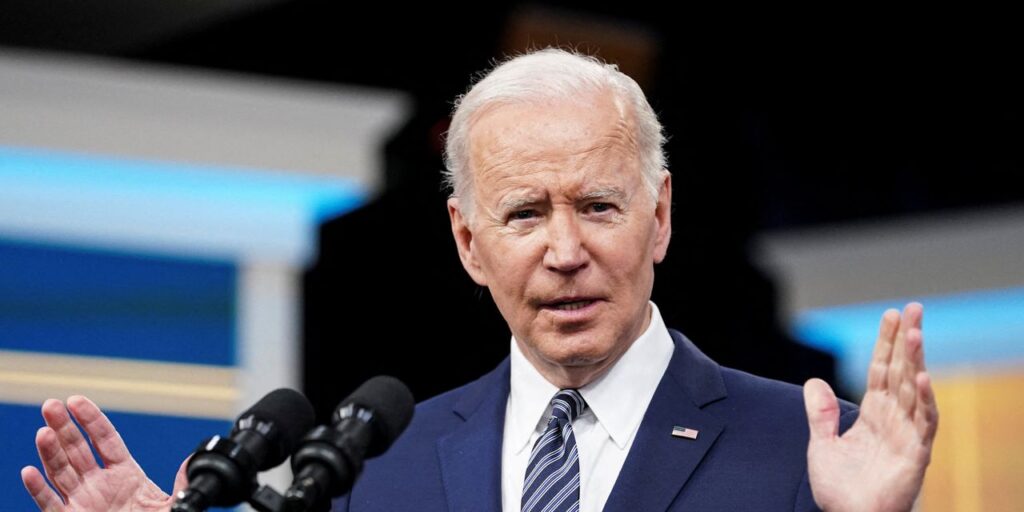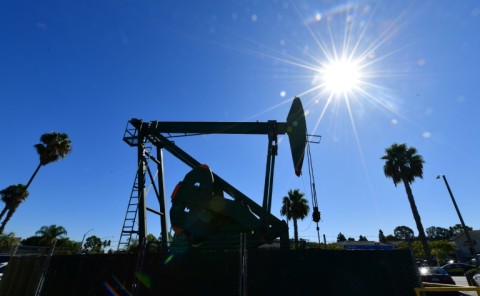The IEA projected a 6 per cent reduction in oil production investment this year. Excluding pandemic years, this marks the largest drop since 2016 when oil prices plummeted below $30 a barrel read more
Investment in fossil fuels is set to decline this year for the first time since the Covid-19 pandemic, driven by a significant contraction in oil sector spending, according to a new report by the International Energy Agency.
The IEA projected a 6 per cent reduction in oil production investment this year. Excluding pandemic years, this marks the largest drop since 2016 when oil prices plummeted below $30 a barrel.
“This is the first time we have seen such a decline, except for Covid, because of lower prices and lower oil demand,”
Financial Times cited Fatih Birol, head of the Paris-based intergovernmental energy advisory body, as saying.
STORY CONTINUES BELOW THIS AD
Since reaching $82 a barrel in mid-January, oil prices have fallen sharply to around $65 following
Opec’s significant production increase
. The IEA indicated that US shale producers, responsible for 15 per cent of global oil investment, are particularly sensitive to lower prices and will reduce their spending by 10 per cent this year.
Major international oil companies are also expected to scale back spending slightly, prioritising shareholder returns over new projects.
Consequently, state-owned oil firms from West Asia and Asia will account for 40 per cent of all oil and gas investment globally this year, up from 25 per cent a decade ago.
Clean energy investments decline among oil majors Oil giants have further reduced their investments in clean energy, according to the IEA, which reported a 25 per cent decline in spending on low-emissions technology last year, totaling $22 billion compared to the previous year.
Overall, the world is anticipated to invest approximately $1.1 trillion in fossil fuels in 2025, substantially lower than the more than $2.2 trillion allocated to renewable energy, nuclear power, batteries, power grids, low-emission fuels, and energy efficiency.
Coal power expands in China, India Despite the broader reduction in fossil fuel investment, China and
India
continue expanding coal-fired power generation to meet rapidly growing electricity demands. In contrast, advanced economies have notably stopped ordering new coal plant turbines for the first time ever.
“The addition of coal is mainly driven by energy security reasons,” Birol explained. “China had some bitter experiences when there was very hot weather and hydropower was very weak.”
Meanwhile, in the United States, despite the Trump administration’s criticism of renewable energy, rising electricity demands from AI and data centers will necessitate additional renewable energy, gas, and nuclear power, according to Birol.
Separately, Enverus, an energy research firm, noted that 517 gigawatts of planned renewable projects in the US still require federal tax credits, while 284 gigawatts do not.
STORY CONTINUES BELOW THIS AD
“If these projects are built at the same pace as last year, that is enough to sustain today’s build-out pace for more than six years,” said Corianna Mah, an analyst at Enverus.
https://www.firstpost.com/world/the-grand-fall-oil-prices-to-continue-slide-iaea-says-fossil-fuel-spending-to-hit-new-post-covid-low-13894612.html




